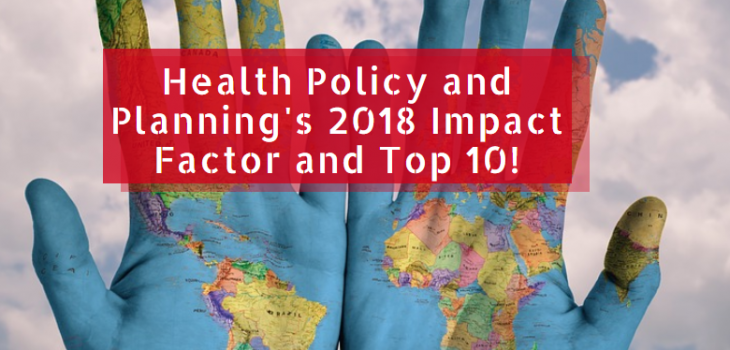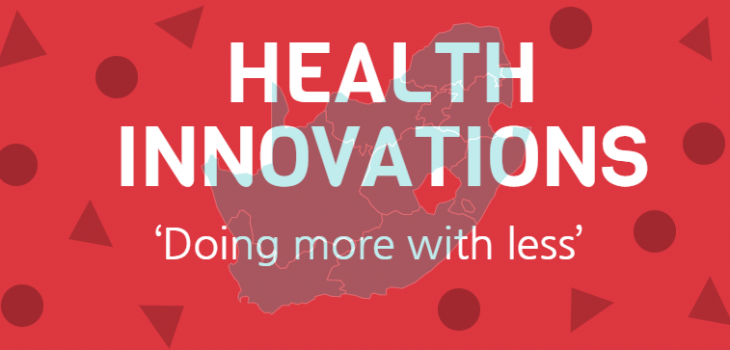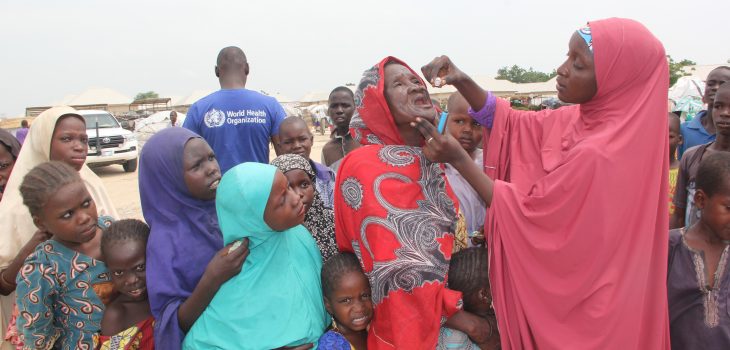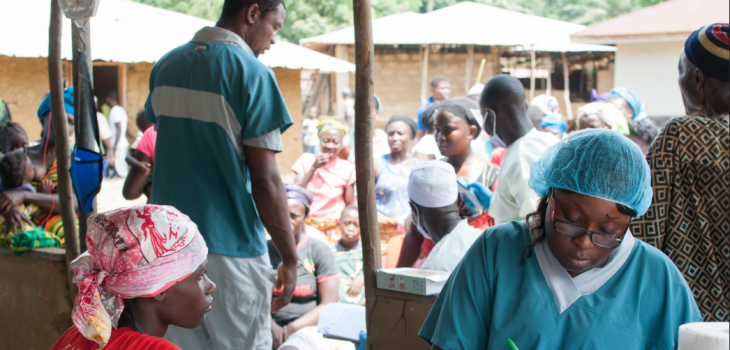By Natasha Salaria (London School of Hygiene & Tropical Medicine)
Another year, another impact factor. Health Policy and Planning’s new 2018 Impact Factor has seen another increase to 2.714, placing us 14th out of 81 journals in the Health Policy and Services category (Quartile 1). While most people…




















